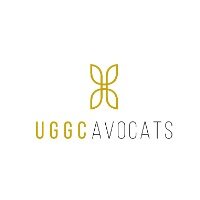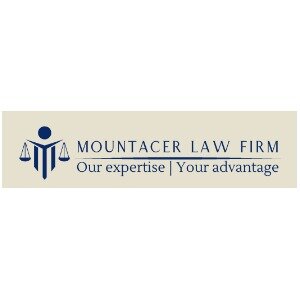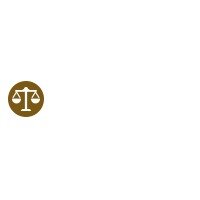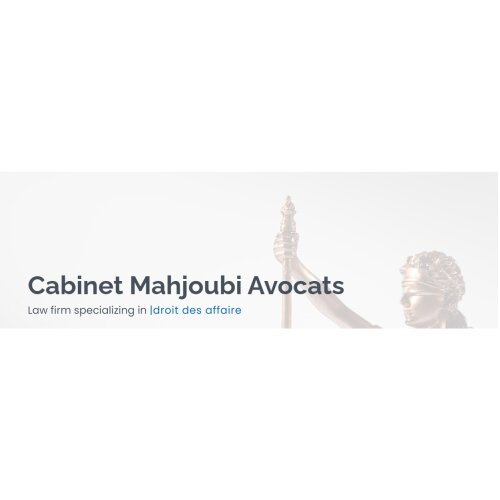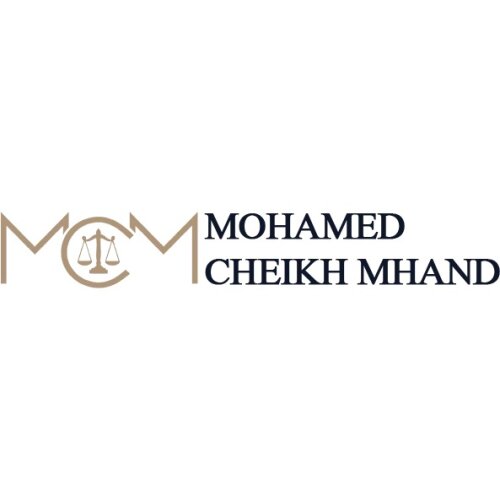Best FDA Law Lawyers in Morocco
Share your needs with us, get contacted by law firms.
Free. Takes 2 min.
Or refine your search by selecting a city:
List of the best lawyers in Morocco
About FDA Law in Morocco
Food and Drug Administration (FDA) Law in Morocco refers to the set of legal frameworks that regulate the import, manufacture, distribution, sale, and safety of food products, pharmaceuticals, medical devices, and cosmetics within the country. While Morocco does not have an official agency named "FDA" as in the United States, similar functions are performed by various government ministries and regulatory bodies. These laws are designed to protect public health, ensure product quality, and align with international standards, particularly as Morocco expands its export markets and harmonizes with European and global regulations.
Why You May Need a Lawyer
Navigating FDA Law in Morocco can be complex due to ever-evolving regulations, multiple government agencies, and strict compliance requirements. You may need an experienced lawyer in these common scenarios:
- You are starting a business that imports, manufactures, or distributes food, pharmaceuticals, or cosmetics in Morocco.
- Your products require registration, licensing, or certification with Moroccan authorities.
- You are dealing with the seizure or recall of products by regulatory officials.
- You face penalties or litigation for non-compliance with safety standards.
- You wish to appeal against administrative decisions hindering your business operations.
- You want to understand labeling, advertising, or marketing restrictions for regulated products.
- You need help navigating customs clearance or documentation for regulated imports.
Legal counsel ensures that your business is not only compliant but also avoids severe penalties or reputational harm.
Local Laws Overview
Moroccan FDA-related regulations are largely governed by several ministries, including the Ministry of Health, Ministry of Agriculture, and various specialized agencies. Key aspects of local laws include:
- Product Registration and Licensing: All pharmaceuticals, some food products, cosmetics, and medical devices must be registered and licensed before being placed on the Moroccan market.
- Safety and Quality Standards: Products must comply with Moroccan specifications which often refer to international standards (Codex Alimentarius for food, WHO/GMP for drugs).
- Labeling Requirements: Food, cosmetics, and pharmaceuticals must carry labels in Arabic, displaying accurate information about contents, usage, and warnings.
- Prohibited Substances: Morocco maintains lists of banned or restricted substances in food, drugs, and cosmetics which are strictly enforced.
- Inspections and Enforcement: Authorities conduct periodic inspections, and non-compliance can result in product recalls, fines, or criminal prosecution.
- Advertising Regulation: Promotional material for drugs and healthcare products is strictly controlled to protect consumer health.
- Imports and Exports: Importers and exporters must meet both Moroccan requirements and those of trading partners, with additional documentation and possible pre-market approvals.
Frequently Asked Questions
What authority is responsible for food and drug regulations in Morocco?
The primary authorities include the Ministry of Health, Ministry of Agriculture, and National Food Safety Office (ONSSA), depending on the product category.
Do I need to register my food or pharmaceutical product before selling it in Morocco?
Yes, most food products, pharmaceuticals, cosmetics, and medical devices must be registered with the relevant Moroccan authority before being legally marketed.
Are there specific labeling requirements for imported products?
Yes, imported products must have labels in Arabic and comply with Moroccan labeling laws, detailing ingredients, usage, expiration dates, and any health warnings.
What happens if my product is found non-compliant during inspection?
Non-compliant products can be seized, recalled, or destroyed. Companies may face fines, suspension of licenses, or criminal prosecution if public health is at risk.
How can I import pharmaceuticals into Morocco?
Pharmaceutical imports require registration with the Ministry of Health, import permits, and compliance with Moroccan pharmacopoeia or recognized international standards.
Can I advertise over-the-counter drugs or health supplements?
Advertising is heavily regulated. Approval is generally required for advertising pharmaceuticals, and there are strict limits on claims you can make about over-the-counter products and health supplements.
What are the penalties for violating FDA-related laws in Morocco?
Penalties can include administrative fines, suspension or revocation of licenses, criminal charges, and destruction of non-compliant products.
What types of products are considered under FDA Law in Morocco?
Food products, beverages, dietary supplements, pharmaceuticals, medical devices, biological products, and cosmetics are all regulated under FDA-related laws.
How long does the product registration process take?
Timelines vary depending on the product category. It can take several weeks to several months, depending on documentation, testing, and agency workload.
Can a foreign company register products directly or must it partner with a Moroccan entity?
In most cases, foreign companies must appoint a local representative, distributor, or authorized agent in Morocco to handle product registration and ongoing compliance matters.
Additional Resources
Below are several organizations and resources that can be helpful for those seeking guidance and information on FDA Law in Morocco:
- Ministry of Health (Ministère de la Santé): Responsible for pharmaceutical regulations, registration of drugs, and medical devices.
- National Food Safety Office (ONSSA): Handles the oversight of food safety, registration of food products, and inspections.
- Moroccan Agency for the Development of Investments and Exports (AMDIE): Provides regulatory and investment guidance, including for FDA-regulated sectors.
- Customs and Indirect Taxes Administration (ADII): Important for importers and exporters dealing with customs clearance for regulated goods.
- Professional associations: Such as those representing pharmacists, food producers, and importers, which can provide regulatory updates and advice.
Next Steps
If you believe you need legal assistance regarding FDA Law in Morocco, consider the following steps:
- Document all your questions and concerns about your products or business activities.
- Consult reputable lawyers with experience in food, drug, and cosmetic law in Morocco.
- Contact relevant governmental bodies to clarify requirements or initiate registration processes.
- Review local guidelines and gather all required documentation before proceeding with any registration or import.
- Stay updated on changes to Moroccan FDA-related laws, as regulations may evolve frequently.
Engaging a knowledgeable legal professional can help you avoid costly missteps and ensure your business is robustly compliant with Moroccan FDA Law.
Lawzana helps you find the best lawyers and law firms in Morocco through a curated and pre-screened list of qualified legal professionals. Our platform offers rankings and detailed profiles of attorneys and law firms, allowing you to compare based on practice areas, including FDA Law, experience, and client feedback.
Each profile includes a description of the firm's areas of practice, client reviews, team members and partners, year of establishment, spoken languages, office locations, contact information, social media presence, and any published articles or resources. Most firms on our platform speak English and are experienced in both local and international legal matters.
Get a quote from top-rated law firms in Morocco — quickly, securely, and without unnecessary hassle.
Disclaimer:
The information provided on this page is for general informational purposes only and does not constitute legal advice. While we strive to ensure the accuracy and relevance of the content, legal information may change over time, and interpretations of the law can vary. You should always consult with a qualified legal professional for advice specific to your situation.
We disclaim all liability for actions taken or not taken based on the content of this page. If you believe any information is incorrect or outdated, please contact us, and we will review and update it where appropriate.
Browse fda law law firms by city in Morocco
Refine your search by selecting a city.







